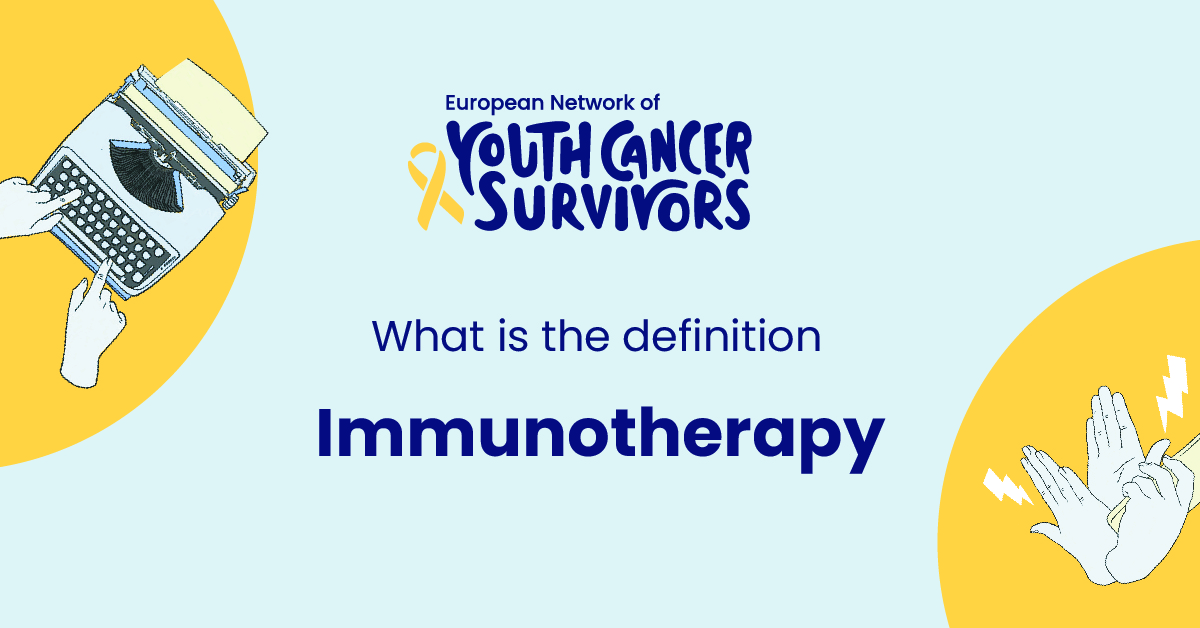
A Brief Overview of Immunotherapy
Immunotherapy refers to an array of medical treatments designed to bolster the body’s natural defense mechanisms, the immune system, to fight off diseases, particularly cancer. This innovative approach to fighting illness has gained recognition in the last few years due to its unique capability to leverage the body’s innate defensive cells to combat foreign or harmful substances.
Unlike traditional treatments, such as chemotherapy and radiation that directly attack disease cells, immunotherapy works by enhancing the patient’s immune system, enabling it to recognize and combat illness more effectively. This technique has vastly changed the landscape of healthcare, particularly in the context of chronic diseases.
The Evolution of Immunotherapy in Healthcare
The advent of immunotherapy traces back to the late 19th century when New York surgeon William B. Coley initiated the use of bacteria to stimulate an immune response to cancer. Despite being termed as “Coley’s toxins,” this pioneer approach laid the foundation of modern-day immunotherapy.
Over the years, the sector has witnessed significant advancements, allowing us to harness the immune system’s power to attack cancerous cells, autoimmune diseases, inflammatory disorders, and more. These advancements have revolutionized patient care in the healthcare system globally.
Understanding What Immunotherapy Is
The Definition of Immunotherapy
Immunotherapy, also known as biotherapy, is a type of treatment that uses certain parts of an individual’s immune system to combat diseases. This can be done in two ways: stimulating the patient’s own immune system to work harder or smarter to attack cancer cells, or giving the patient immune system components, such as synthetic immune system proteins.
How Does Immunotherapy Work?
The fundamental principle of immunotherapy is to exploit the immune system’s prowess to detect and target foreign or abnormal cells. Immunotherapy treatments work by either stimulating the immune system to attack disease more robustly or by providing it with components that naturally boost its defensive mechanisms. Various types of immunotherapy function differently, but all share the central purpose of enhancing or restoring the immune system’s ability to fight disease.
The Different Types of Immunotherapy
Overview of Common Immunotherapy Types
The four main types of immunotherapy include: Cell therapies, Monoclonal Antibodies (mAbs), Vaccines, and Immune Checkpoint Inhibitors. Each type uses a different mechanism to either stimulate the immune system or provide it with tools to fight disease.
Diving Deeper into Each Type: Vaccines, Cell Therapies, Monoclonal Antibodies, and Immune Checkpoint Inhibitors
Vaccines involve exposing the body to a controlled amount of a specific infection, enabling the immune system to build stronger defenses against that particular disease. Cell therapies involve infusing cells into a patient that have been altered to combat a specific disease. Monoclonal Antibodies (mAbs) are synthetic versions of immune system proteins that can be designed to attack specific disease cells. Immune Checkpoint Inhibitors are drugs that unleash an immune system attack on certain diseases.
Get to know us better
If you are reading this, you are in the right place – we do not care who you are and what you do, press the button and follow discussions live

Applications of Immunotherapy in Treating Diseases
Immunotherapy in Cancer Treatment
Immunotherapy has shown significant promise in treating multiple types of cancer. It has been particularly effective in treating advanced melanoma, a type of skin cancer that previously had limited treatment options. Immunotherapy drugs have also been approved to treat breast, bladder, lung, kidney, and many other types of cancer. These treatments offer hope for patients who previously had inoperable or hard-to-treat cancers.
Applications of Immunotherapy beyond Cancer
While its impact on cancer treatment is widely publicized, immunotherapy’s potential doesn’t end there. Promising results have also been seen in treating autoimmune diseases, such as rheumatoid arthritis and multiple sclerosis. Additionally, immunotherapy has proven to be effective in managing allergies, utilizing allergy shots to decrease the immune system’s reaction to specific allergens.
The Effectiveness & Limitations of Immunotherapy
Understanding the Success Rates of Immunotherapy
The success of immunotherapy largely depends on the type and stage of the disease being treated. For some cancers, immunotherapy has dramatically increased survival rates. However, like all treatments, it does not work for everyone. In some patients, the immune system may not respond to the therapy, making the treatment ineffective.
Possible Side-Effects and Limitations
Side effects from immunotherapy are relatively common, oftentimes similar to flu-like symptoms, including fatigue, fever, chills, weakness, nausea, vomiting, dizziness, body aches, or high or low blood pressure. It’s also important to remember that immunotherapy isn’t appropriate for all patients, and certain health factors can make it more dangerous. Moreover, it is more expensive than other types of treatment which can make it less accessible to certain patients.
Recent Advancements in Immunotherapy
Innovative Approaches in Research and Application
There have been pioneering advancements in immunotherapy research and application, focusing on enhancing the effectiveness and minimizing the side effects of treatment. For instance, the development and use of CAR-T cell therapies offer a groundbreaking approach to treating cancers, customizing a patient’s own immune cells to combat their specific type of cancer.
The Future of Immunotherapy
The future of immunotherapy is bright, with significant advancements being made in both research and clinical settings. AI and machine learning continue to play a pivotal role in shaping the future of immunotherapy, allowing scientists to better predict patient responses to immunotherapy and personalize treatments based on individual patient needs.
Conclusion
Recap of the Importance of Immunotherapy
Immunotherapy has revolutionized healthcare, offering a unique approach to treating various diseases by harnessing the power of our body’s natural defenses. Its significant impact, particularly in treating various types of cancer, has made it an invaluable weapon in the fight against chronic diseases.
Encouragement for Continued Research and Investment in Immunotherapy
While significant progress has been made in the realm of immunotherapy, it is crucial to continue research and investment in this field. Continued innovation promises to further refine these therapies, providing hope for countless patients worldwide.
FAQs
- What makes immunotherapy different from other cancer treatments?
Immunotherapy is unique as it uses the body’s immune system to fight the disease rather than directly targeting the disease cells, unlike most other cancer treatments.
- Who is a suitable candidate for immunotherapy?
The suitability of a patient for immunotherapy primarily depends on the type and stage of their disease, their overall health, and previous treatments they’ve undergone.
- Can immunotherapy be used in conjunction with other treatments?
Yes, in many cases, immunotherapy can be paired with other treatments such as chemotherapy and radiation therapy to increase the effectiveness of treatment.
- What are potential side effects of immunotherapy?
Side effects can range from flu-like symptoms, such as fever, fatigue, and body aches, to more serious complications, such as an overactive immune response.
- How long does it typically take for immunotherapy to show results?
The time it takes for immunotherapy to show results primarily depends on the type of immunotherapy and the specific disease being treated. In some cases, results can be seen in a few weeks, while in others, it may take several months.

















Comments
Thank you. Comment sent for approval.
Something is wrong, try again later